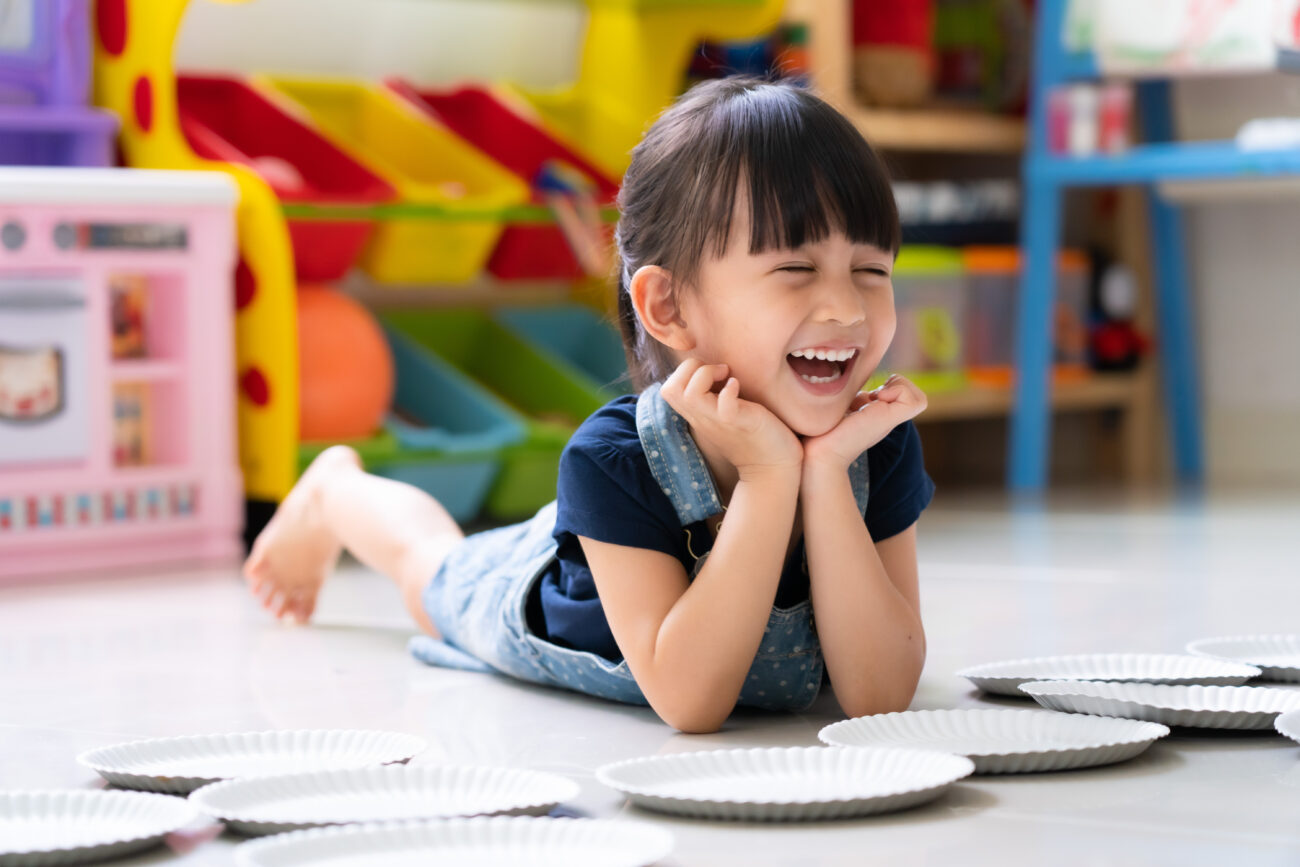
When you think about playful learning, it’s clear that it does more than entertain young minds; it shapes their development profoundly. You might wonder how this approach fosters creativity, curiosity, and problem-solving skills. Children aren’t just having fun by engaging in play—they’re actively exploring their world and building essential skills. But what specific benefits emerge from this playful interaction, and how does it influence their growth beyond the classroom? The answers might surprise you.
Unlocking Potential: The Power of Playful Learning in Child Development
Playful learning is vital in child development, unlocking countless opportunities for growth and discovery. When you engage your child in playful activities, you’re not just having fun but laying the foundation for essential skills. Early education thrives on this approach, nurturing creativity and encouraging exploration.
Through playful learning, you help your child develop critical cognitive growth. By allowing them to experiment, solve problems, and think outside the box, you’re fostering a love for learning that lasts a lifetime.
Imagine your child building a tower with blocks, figuring out how to balance them without toppling. In that moment, they’re not just playing but engaging in math and engineering concepts.
Creativity flourishes in this environment as children express themselves freely and inventively. You’re giving them the tools to think independently and generate innovative ideas.
The Foundations of Playful Learning: Nurturing Young Minds
A strong foundation in playful learning is essential for nurturing young minds and fostering their overall development. Providing children with opportunities to engage in playful activities creates an environment where curiosity and creativity can thrive. This approach encourages exploration and experimentation, allowing kids to learn through their experiences rather than rote memorization.
Incorporating play into daily learning helps children build essential skills like problem-solving, collaboration, and communication. These skills develop naturally as they interact with peers, share ideas, and tackle challenges.
You’ll notice that children who actively engage in play are more likely to retain information and apply it in different contexts.
Moreover, playful learning allows for emotional growth. Children who feel safe and supported during play learn to navigate their feelings and develop empathy towards others. This emotional intelligence is crucial as they grow and form relationships.
Cognitive Benefits: How Play Shapes Brain Development
Engaging in play fosters emotional growth and significantly impacts cognitive development. When you encourage your child to play, you’re helping them build essential brain connections that enhance learning.
Through play, children explore their surroundings, stimulating their curiosity and creativity. This exploration improves their memory and cognitive flexibility, allowing them to adapt to new situations.
As your child engages in imaginative play, they practice language skills, problem-solving, and social interactions. Activities like role-playing or building with blocks require them to think critically and develop spatial awareness. Each of these experiences contributes to developing executive functions, such as planning, attention, and impulse control.
Moreover, play often involves trial and error, allowing your child to learn from mistakes. This process is crucial for cognitive resilience, as it teaches them to persist in facing challenges.
Problem-Solving and Critical Thinking: Learning Through Exploration
Exploration is a powerful catalyst for problem-solving and critical thinking in young minds. When children engage in playful learning, they naturally encounter challenges that require creative solutions. Whether building with blocks or navigating a scavenger hunt, every activity allows them to think critically about their choices.
As they explore, kids learn to ask questions, test ideas, and reflect on outcomes. For instance, when a tower falls, they’re prompted to analyze why it happened and how to improve their design. This trial-and-error approach fosters resilience, teaching them that setbacks are part of learning.
Encouraging exploration also means giving children the freedom to make decisions. By doing so, they develop autonomy and confidence in their problem-solving abilities. You’ll notice that they become more adept at assessing situations and devising strategies, invaluable skills throughout life.
In essence, playful learning transforms ordinary activities into rich learning experiences. By embracing exploration, you’re not just entertaining young minds but equipping them with essential critical thinking skills that will serve them well in school and beyond.
Conclusion
Incorporating playful learning into your child’s routine can unlock their full potential. By fostering creativity and curiosity, you’re enhancing cognitive skills and nurturing emotional intelligence and social abilities. As they explore and experiment, they develop essential problem-solving skills that will serve them throughout their lives. Embrace the joy of learning through play, and watch your child thrive academically and personally, laying a solid foundation for a lifelong love of discovery.
